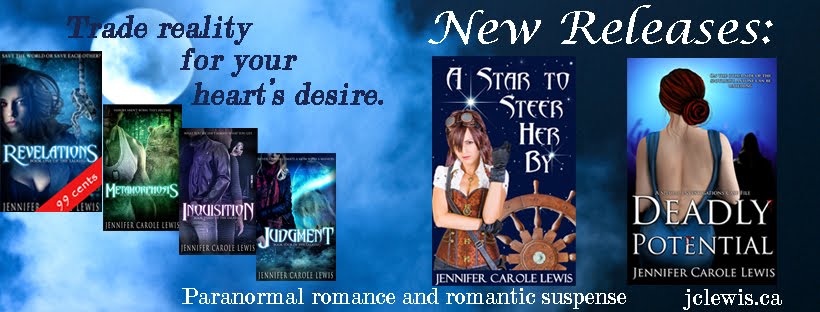The stories we tell ourselves define our lives. It's the context which makes people into villains or heroes. It's also how we come to terms with the horrible things which happen to us.
Last week's attack in Paris was another reminder of how pain, righteousness and hopelessness can combine into a lethal mix. No matter how many attacks we see and hear about, there is still something unfathomable about each one. We understand the psychology, the politics, all the parts that make up the triggers, but we can't emotionally grasp that someone made the decision to hurt other people.
That's a good thing, by the way, we're not supposed to be in that same headspace.
It may show my geek-flag colours, but my immediate thoughts went to JMS's Amazing Spider-man, number 36, which was written on September 12, 2001. He released the book to the public a year later because what he wrote echoed with so many people that the actual issue is almost impossible to find. (I have one, locked safely away in a fire-proof box and I don't care how weird that makes me.) I highly recommend taking a look because my synopsis pales before the original.
The story goes that when Marvel writers assembled after 9/11, they were shaken and unsure what to do. The Marvel universe is set in New York. How could they have superheroes in a city where planes brought down buildings? Should they just ignore it and pretend it never happened?
In walked JMS, noted screenwriter and wordsmith, who had recently taken over the Spider-man series. He listened carefully to what the writers were talking about and then asked everyone to hold off making any decisions for the next hour. He walked into his office and came back in forty-five minutes with one of the most moving scripts ever to come out of any comic book publisher. One that makes me cry *every* *single* *time* I pick it up but still leaves me inspired.
He told the story of superheroes who were just as shocked and horrified and helpless as everyone else. He told the story of their guilt at failing and their awe of the ordinary men and women who became real heroes that day. The art shows the Marvel heroes working alongside the rescue crews, but as moving as those images are, it's the words which make the difference.
A frequent theme in JMS's work is that we, as a society and as individuals, can rise above the horrible things which happen to us. That it is possible to fight the darkness and not be corrupted, although it is difficult.
His compassion in this case was astounding. He rejects the opinions of those who said it was deserved (from all sides). He acknowledges the anger and the terror and then he turns it around: asking, what do I tell my children.
Very simply: we tell them we are sorry that this is the world we have to offer. That it can be better. That it should be better. And that the hatred of this day does not negate all the love which supports and protects them.
He does not suggest ignoring or forgiving the attacks but also doesn't scream for vengeance. "That future must be built free of acts such as these, must be fought for and renewed like fresh water." He reminds us that "the fire of the human spirit cannot be quenched by bomb blasts or body counts." He proposes that we build "a world which will not require apologies to children, but also a world whose roads are not paved with the husks of their inalienable rights."
I could write for hours about the beauty of his words, the simplicity of the choices he makes, which allows each statement to ring clear and true, building a symphony of grief and hope. Neither side is overshadowed, both are acknowledged, which is incredibly difficult to do.
His words built a shield, a narrative where devastation didn't have to be the end of the story. That's the kind of writing I aspire to.

No comments:
Post a Comment